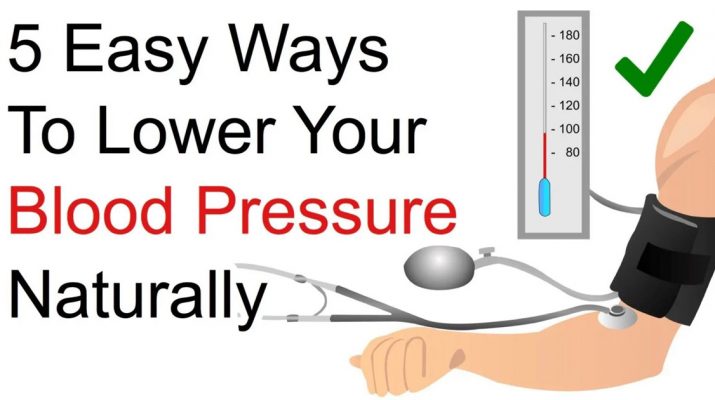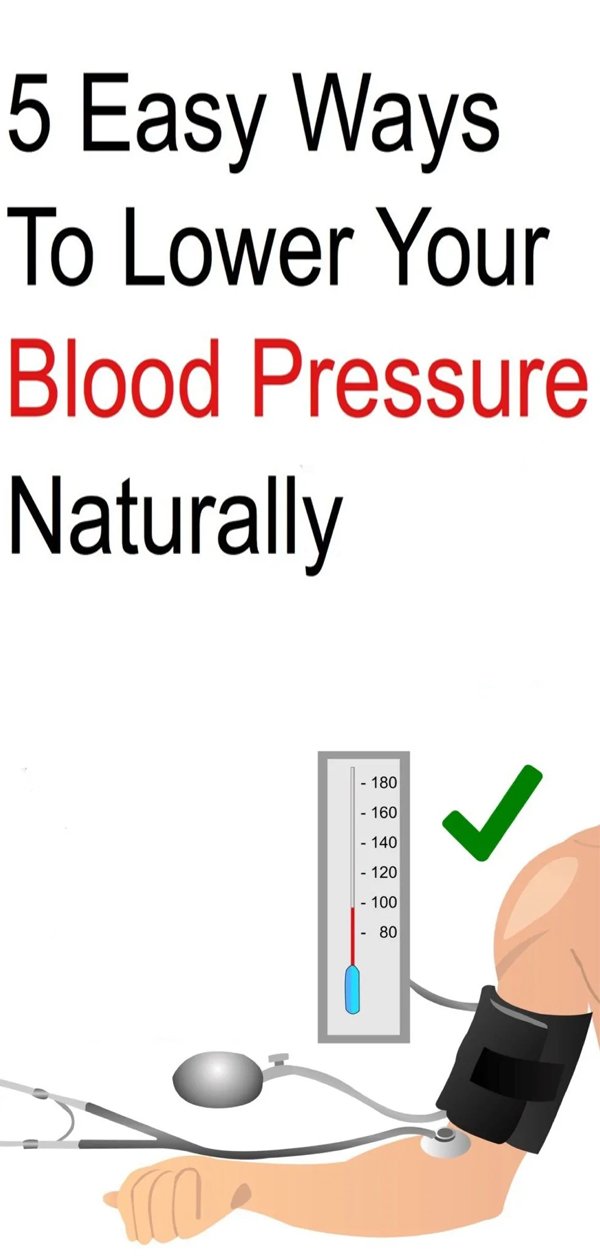‘About 75 million American adults have high blood pressure – that’s 1 in every 3 adults.’ ~ The Centers for Disease Control and Prevention
Blood pressure, according to the Centers for Disease Control and Prevention (CDC) is “the force of blood pushing against the walls of the arteries that carry blood from your heart to other parts of your body.”
Blood pressure (‘BP’) tends to fluctuate throughout the day. When you first awake, your BP is likely to be lower than average; contrast this with the annoyingly chatty coworker, when it rises rather considerably.
High blood pressure, also called hypertension, affects 1 in every 3 adults. Another 1 in 3 is in a state of prehypertension – when BP is higher than normal but not yet high enough to be labeled “high blood pressure.” Simple math: 2 of every 3 adults are experiencing some form of potentially dangerous high blood pressure.
There are plenty of statistics to demonstrate the dangers that hypertension poses, but the following tells the whole story: “Having high blood pressure puts you at risk for heart disease and stroke, which are the leading causes of death in the United States,” according to CDC. Only about 50 percent of people who suffer from hypertension report actively caring for and monitoring their condition.
The CDC estimates that hypertension claims the lives of over 1,100 people every single day.
Naturally Treating High Blood Pressure
(Please note that this advice is not intended to serve as a replacement for that of your primary care physician. Before beginning or ending any medication or supplementation regimen, please consult with a board-certified physician, specialist, or other health professional.)
A class of drug called beta-blockers is typically prescribed to individuals with hypertension. Though relatively cost-effective, beta-blockers can create a slew of unwanted side effects, including cold hands and feet, constipation or diarrhea, dizziness, drowsiness, dry eyes, mouth, and skin, fatigue, headache, upset stomach, and weakness.
People wishing to bypass the possible side effects of beta-blockers and go ‘au naturel’ are not lacking in options.
Here Are Five Ways To Naturally Treat High Blood Pressure, According To Medical Experts:
1. Lose Weight
Dr. John Day, a cardiologist and electrophysiologist at the Intermountain Medical Institute in Salt Lake City, Utah, says “I can’t tell you how many patients I have seen where getting to a healthy weight dramatically dropped their blood pressure.”
Day goes on to cite his own weight-loss experience, where he lost 20 pounds; achieving a 30-point reduction in his systolic blood pressure. He says that losing 20 pounds if you’re obese is the best action you can take to lower your blood pressure.
2. Limit (Or Avoid) Alcohol And Drugs
Abusing alcohol or drugs damages both the kidneys and the liver. Kidney or liver damage create a sort of “liquid depository” where fluids accumulate in the body. This depository increases both heart rate and BP.
Over-the-counter (OTC) drugs such as naproxen and ibuprofen cause the body to retain sodium. Sodium retention creates additional stress on the heart. Stimulants (e.g., coffee, soda) have similar effects – causing the heart to beat faster and raising BP.
3. Meditation
A study published in the journal PLOS One concludes that practicing transcendental meditation for 20 minutes, twice daily, triggers an enzymatic response that, in effect, lowers BP. Still another study found that meditation can reduce brain aging; another found that mindfulness meditation reduces pain – the list goes on and on.
Should one require further proof that meditation and mindfulness is a highly effective antidote to stress and anxiety (therefore blood pressure), consider that both Harvard University Medical School and Johns Hopkins University have centers devoted to the mental health benefits of both.
4. Exercise
Per the Mayo Clinic, 30 minutes of exercise most days of the week can significantly lower your BP. The Clinic notes, however, that consistency is important: “because if you stop exercising, your blood pressure can rise again.”
For those with prehypertension, moderate exercise can prevent full-scale hypertension. For individuals diagnosed with hypertension, exercise can get your BP down to a safer level.
The easiest way to stay consistent with exercise is to do something that you enjoy. There are a ton of ways to both break a sweat and have fun! Here are a few ideas: badminton, basketball, bicycling, climbing stairs with music, dancing, flag football, frisbee, hiking, racquetball, and so on.
5. Get Your Fiber
A meta-study focusing on the effects of fiber while dieting demonstrates that a high-fiber diet “was associated with a significant reduction in blood pressure levels among people with high blood pressure or hypertension,” according to WebMD.
Concerning fiber intake, the American Heart Association (AHA) recommends 25 to 30 grams of dietary fiber a day. Unsurprisingly, most Americans fall far short – averaging about 15 grams. Some of the best sources of fiber include beans, brown rice, bran cereal, berries, popcorn (unbuttered), nuts, oats, and whole grains.


